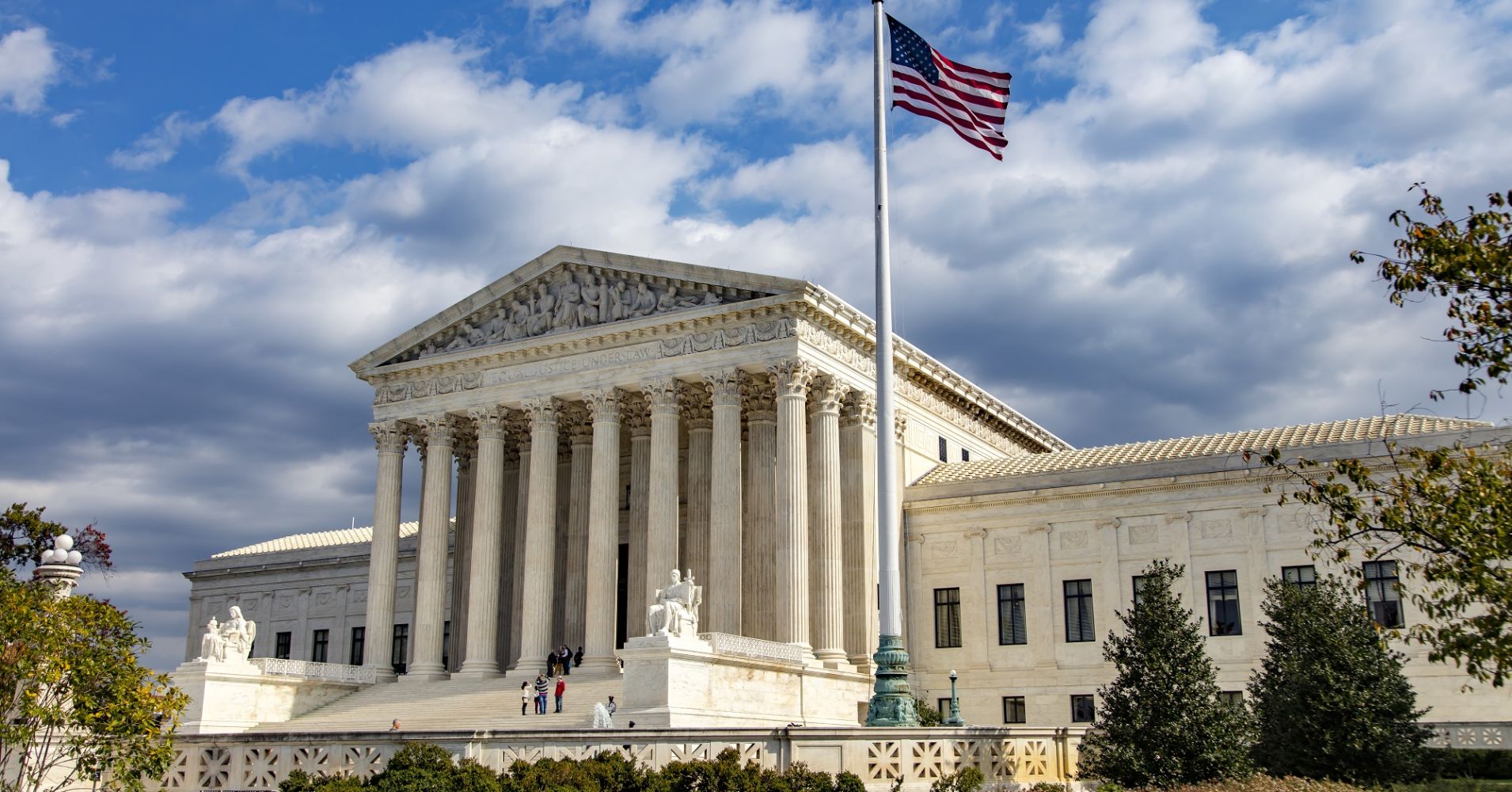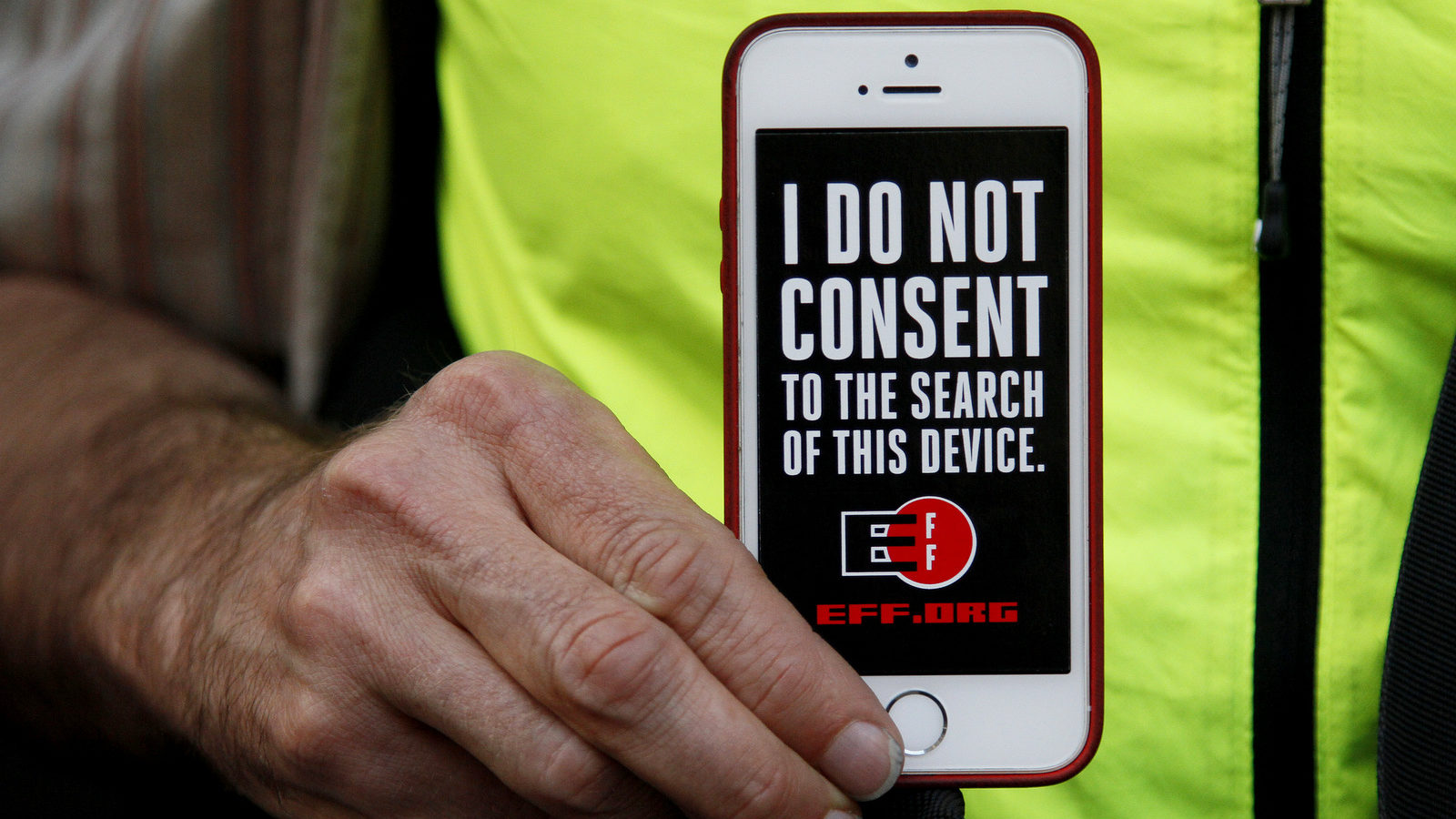It has been a long-standing debate whether it is fair for the authorities to get access on to a person’s confidential information through their digital devices. Privacy advocates has bene appealing to the Supreme Court about this for so long, and they have finally found time to address the issue and has decided to side with the privacy advocates instead of the authorities
 United States Supreme Court Justice
United States Supreme Court Justice
Super Court VS Law Enforcers
Last week, the Supreme Court had decided to ban the law enforcers into getting into cellphone records such as location listings data and listings. They may only do so if they have a search warrant for the person involved.
This is because when the authorities get their hands on a person’s cell tower records, they would be able to know when the person is in a specific place with the exact time and location. According to Chief Justice John G. Roberts Jr, these data that the authorities are getting are “detailed, encyclopedic, and effortlessly compiled,” the information issue was decided not just by him but the other four liberals as well.
This is to protect not just the information that they gather from the cell towers but to also protect the records of every person since it is part of their right to privacy. Living in the digital age, a privacy of a person had always been at stake from the very beginning. The executive director of the American Civil Liberties Union of Massachusetts, Carol Rose, said that the decision made by the supreme court can be considered as groundbreaking for everyone’s privacy.
This would mean that every information such as emails, phone calls, and every single data that comes from any digital framework, will now be protected from the authorities. However, not everyone agrees since some former prosecutors believe that being able to gather information coming from the mobile devices is done earlier in an investigation and some of them are done even before there is a warrant that gets released.
This would mean that it could slow down investigations, it is one of the most important things to be able to get a warrant, so banning law enforcers to get it without a warrant will just make things complicated and would slow down the case.
 Privacy advocacy groups fight for rights with the SC
Privacy advocacy groups fight for rights with the SC
One of them is former prosecutor Justice Samuel Alito Jr., and he said that this decision will simply threaten the flow of the cases and the investigative practices. The authorities are basically relying on the information they need to gather in the first place. A lawyer from Washington, Edward McAndrew agreed to this and said that this decision would stop the authorities from obtaining information to be able to establish their probable cause. However, it is indicated in the Fourth Amendment that the constitution protects against unlawful searches and seizures so this must be all applied in the digital age. That is because every bit of data could be used.
What Happens Now?
The Federal Bureau of Investigation’s spokesperson said that they are currently working on addressing the issue with the Department of Justice, even if the decision has already been made. This issue has actually been opened once more because of the case is armed robber Timothy Carpenter who was convicted and was sentenced to 116 years in jail.
The police allegedly violated the privacy of Carpenter by failing to follow the Fourth Amendment. His lawyer said that the authorities basically made some unreasonable searches and seizures. Just like how they have enlisted every single call Carpenter had for over 127 days before the incident, including his whereabouts at that time. The Chief Justice himself said that this is something that the government must be concerned about since Carpenters are not the only one who has been violated, but thousands of people over the years.
 Search warrants will now be a requirement for law enforcers if they need to look into a person’s mobile data records
Search warrants will now be a requirement for law enforcers if they need to look into a person’s mobile data records
Privacy advocates said that virtual privacy rights of every single American are at stake so it is essential for the decisions to be in favor towards the nation. Everyone is literally vulnerable when it comes to privacy. Just like how mobile phones can be pinged wherever you may be. This is, however, the only exception that the Justice Department is working on when it comes to requiring search warrants, because bank accounts, credit card statements, and other third-party business records are free to get accessed by the authorities when without a search warrant.




